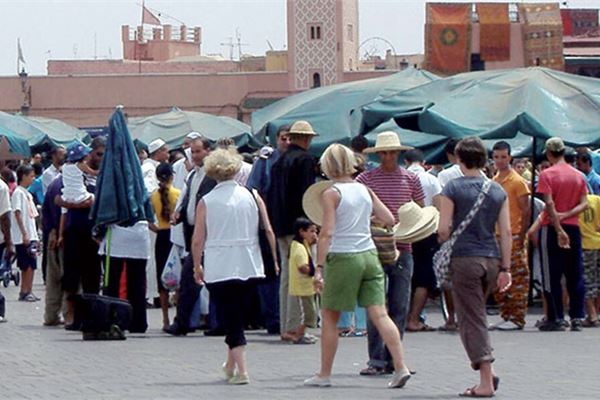
Reform of the Moroccan Urban Planning Code: Impact on Real Estate Developers
reform of the moroccan urban planning code: impact on real estate developers
18 June 2025
The Moroccan real estate sector is undergoing a major transformation with recent changes in the urban planning regulatory framework. These changes, aimed at modernization and administrative simplification, are redefining the rules for real estate developers. An analysis of the main measures and their concrete implications on the ground.
A Necessary Modernization Context
Morocco has been undertaking a revamp of its legal arsenal in urban planning for several years. This approach addresses several imperatives: accelerating administrative procedures, improving transparency, and facilitating investment in a strategic sector for the national economy. Law 12-90 related to urban planning, the cornerstone of the Moroccan regulatory system, has undergone several significant amendments. These modifications mainly aim to facilitate investment through clearer procedures and to provide more simplicity and transparency for users.
Main Regulatory DevelopmentsSimplification of Authorization Procedures
The new provisions introduce a notable streamlining of administrative processes. Real estate developers now benefit from smoother validation circuits, with better-controlled processing times and more precise evaluation criteria. This simplification results in a significant reduction in the number of interlocutors involved in the building authorization process, allowing project leaders to have a clearer vision of the steps to be taken.
Enhancing Transparency
One of the major innovations concerns the improvement of transparency in the granting of authorizations. The project evaluation criteria are now better defined and published, allowing developers to prepare their files more effectively. This increased transparency is also accompanied by a gradual digitization of procedures, facilitating real-time tracking of files and reducing the risks of administrative blockages.
Adaptation to Contemporary Issues
The new regulations also incorporate current environmental and social concerns. Developers must now consider stricter sustainable development criteria, particularly in terms of energy efficiency and urban integration.
Concrete Impact on Real Estate DevelopersNew Opportunities
An additional legal period of one year has been granted to real estate developers who have signed an agreement with the State and obtained a building permit before the declaration of the state of health emergency. This transitional measure reflects the authorities' willingness to support professionals during this transition period. Developers can also benefit from significant tax advantages, including VAT exemption on social housing and incentives for tourism and industrial projects in certain free zones, notably in Tangier and Casablanca Finance City.
Challenges to Overcome
Despite these advances, several challenges remain for sector players. Adapting to new environmental criteria sometimes requires additional investments in the design and implementation phases. Compliance with new requirements may also temporarily extend project development timelines, as technical teams fully familiarize themselves with the new procedures.
Strategic Recommendations for DevelopersAnticipation and Training
It is essential for real estate developers to train themselves on the new regulations and anticipate their impact on their current and future projects. Active regulatory monitoring becomes indispensable to maintain a competitive position.
Strategic Partnerships
Developing partnerships with expert firms specializing in the new regulatory framework can be crucial. These collaborations allow for more effective navigation in the revamped administrative landscape.
Innovation and Sustainability
Developers who integrate sustainable development criteria into their development strategy now will gain an edge over their competitors. This proactive approach can also open access to new markets and customer segments.
Evolutionary Perspectives
The reform process of the Moroccan urban planning code is part of a continuous dynamic. Authorities have announced that further adjustments may occur in the coming months, particularly to take into account the feedback from the first months of application. This ongoing evolution of the regulatory framework requires developers to have a constant adaptability and a proactive approach to regulatory compliance.
Conclusion
The reform of the Moroccan urban planning code represents a major opportunity to modernize the national real estate sector. While it imposes new challenges on developers, it also paves the way for a more sustainable and transparent market development. Those who can quickly adapt to these changes and capitalize on them will be best positioned to thrive in this new regulatory context. Support from industry experts and a proactive approach to compliance are the keys to success during this transition period. For more information on real estate opportunities in Morocco and personalized support in your projects, contact the experts at Real-dreamhouse.
L'équipe de Real-dreamhouse
Notre équipe dynamique et dédiée à la clé de votre succès. Nous offrons un service professionnel sur mesure, respectant des standards élevés pour réaliser vos ambitions immobilières.

Benoit PRIVEL
Fondateur Manager
Salwa SAMSAK
Manager Événementiel
Sophie BELLAVOINE
Manager Consultant
Tawfik BOUAMANE
Consultant Manager RabatContact us for a free valuation of your property!
Get a free and reliable valuation of your property in Marrakech, carried out by our local experts.






